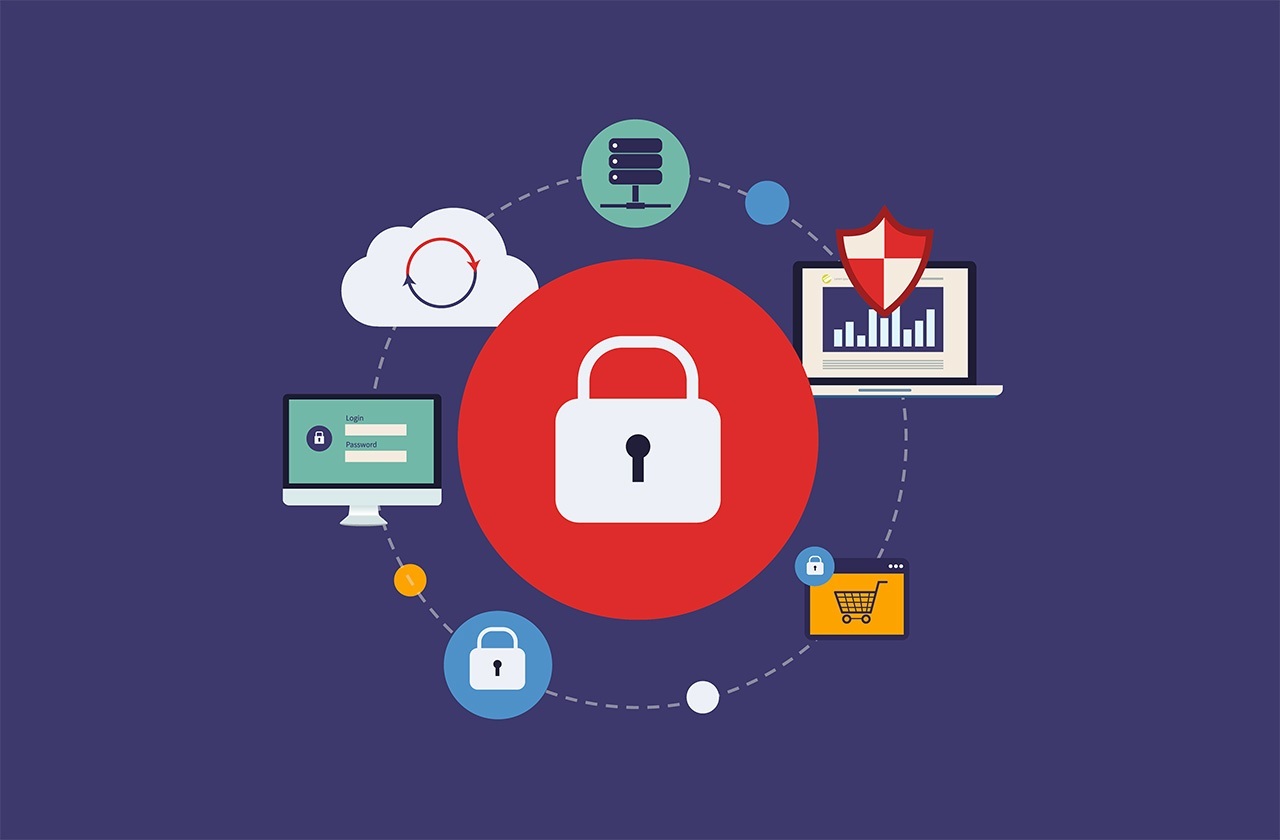Outline
- Introduction
- Understanding the Windows OS Password
- What is the BIOS Password?
- How Are They Related?
- The Importance of BIOS Password
- Protecting Your Windows OS Password
- Best Practices for BIOS Password
- Tips for Password Management
- Password Security and Cybersecurity
- Frequently Asked Questions (FAQs)
- Conclusion
What is the password for Windows OS? What is the BIOS password? Are they related?
Introduction
In the digital age, where cybersecurity is of paramount importance, passwords play a critical role in securing our devices and data. In this article, we'll delve into the world of passwords, focusing on the Windows OS password and the BIOS password. We'll explore their definitions, purposes, and how they relate to each other.
Understanding the Windows OS Password
The Windows OS password is the primary line of defense for your computer's operating system. It is the password that you set when you log in to your Windows computer. This password is used to protect your user account, and it's essential to keep your personal data and settings secure.
What is the BIOS Password?
The BIOS (Basic Input/Output System) password is another layer of security, but it operates at a different level. The BIOS is firmware embedded in the computer's motherboard, and it manages the hardware components. The BIOS password, also known as a supervisor or admin password, is used to restrict access to the BIOS settings.
How Are They Related?
While the Windows OS password and BIOS password serve distinct purposes, they are indirectly related. When you set a BIOS password, it adds an extra layer of security by preventing unauthorized changes to the BIOS settings. This, in turn, can affect the way your computer boots up and accesses the Windows OS.
The Importance of BIOS Password
The BIOS password is crucial for safeguarding your computer's hardware and preventing unauthorized changes. It helps protect against tampering with critical settings that can potentially render your computer unusable.
Protecting Your Windows OS Password
To protect your Windows OS password, follow best practices like using a complex and unique password, enabling two-factor authentication, and avoiding easily guessable information.
Best Practices for BIOS Password
When it comes to the BIOS password, consider setting it if you're concerned about physical security. Use a strong password and keep it confidential, as a forgotten BIOS password can be challenging to reset.
Tips for Password Management
To maintain the security of both your Windows OS and BIOS passwords, consider using a password manager. It simplifies the process of storing and retrieving complex passwords securely.
Password Security and Cybersecurity
Understanding the significance of strong and secure passwords is essential in the context of overall cybersecurity. Weak passwords can lead to data breaches and unauthorized access to your devices.
Frequently Asked Questions (FAQs)
1. Can I use the same password for my Windows OS and BIOS?
- While it's possible, it's not recommended. It's generally safer to use different passwords to add an extra layer of security.
2. What should I do if I forget my BIOS password?
- If you forget your BIOS password, you may need to contact your computer manufacturer's support for assistance. The process can be complex and may involve resetting the BIOS.
3. Can I change my Windows OS password from the BIOS settings?
- No, you cannot change your Windows OS password from the BIOS settings. The Windows OS password is managed separately through the operating system.
4. Are there any alternatives to BIOS passwords for securing my computer's hardware?
- Yes, some computers offer alternatives such as fingerprint recognition and smart card authentication for securing hardware.
5. What is the risk of not setting a BIOS password?
- Not setting a BIOS password leaves your computer's hardware settings vulnerable to unauthorized changes, which can affect its functionality and security.
Conclusion
In conclusion, the Windows OS password and BIOS password serve distinct yet complementary roles in securing your computer. Understanding their functions and how they relate to each other is crucial for maintaining the integrity and security of your device. By following best practices for password security, you can help protect your computer from potential threats.
Get Access Now: Click Here

